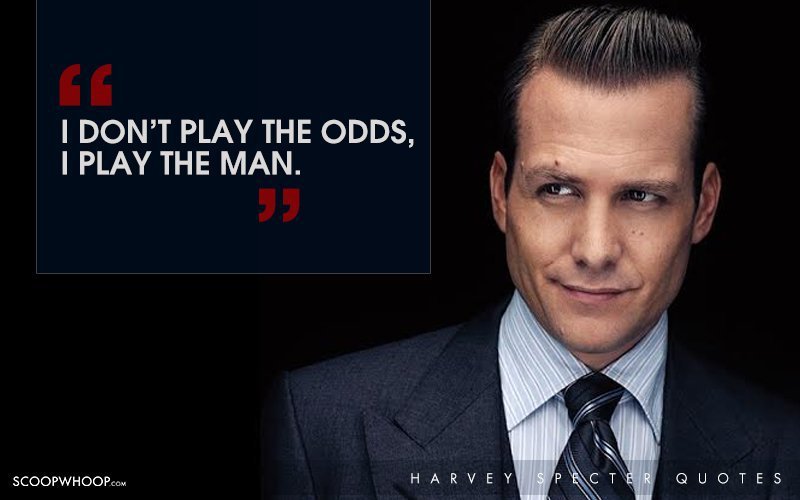The overall odds of winning a prize are 1 in 24.87. The odds presented here are based on a $2 play (rounded to two decimal places). Odds When 10X Multiplier is Available. As of Wednesday morning, the odds of winning the lottery stood at one in 292.2 million. How does that compare to other unlikely events? Short answer, it’s not good news To put things in context.



Odds Of Winning Powerball Lottery
The odds: Ticket holders have a 1 in 292.2 million chance of winning Powerball. One expert says you have the same odds of flipping a quarter and getting heads 28 times in a row. The overall odds of winning a Powerball prize are approximately 1 in 24.9: Figures calculated using results drawn between April 22nd 1992 and February 6th 2021. Aug 09, 2017 The odds of winning Powerball are 1 in 292 million. The Mega Million odds are slightly better - only 1 in 259 million. 'If you buy both tickets, you've doubled your odds of winning,' said Ben.
The Powerball jackpot will reach an all-time estimated high of $1.4 billion by Wednesday, when the winning numbers will be announced. The number has escalated primarily because no one's ticket matched last week's winning numbers. And according to USA Today's Bart Jansen and Cara Richardson, the chances of choosing the magic combo of numbers is so minuscule that it's almost impossible to visualize. Your chance of winning is about one in over 292 million. So, good luck. Depending on whether you're a first-timer or an avid Powerball player, these simple pointers will improve your chances of winning the Powerball ... at least slightly.
UPDATE: This post was originally published in January 2016. As of Aug. 23, 2017, the new Powerball jackpot has hit $700 million (and if there are no winners, it'll go to $1 billion). The Powerball will be drawn at 10:59 p.m. EST.
Odds Of Winning Powerball Numbers
EARLIER: Everyone has their lucky number, and it might be tempting to throw it into the mix if you're a first-timer. But the statistics say that you should actually refrain from personally selecting any of the numbers. On Saturday, the opportunity to win the jackpot was missed when no one guessed 16-19-32-34-57, with Powerball number 13.
Jeffrey Miecznikowski, associate professor of biostatistics at the University of Buffalo, told USA Today that the Powerball number 13 in particular might have been to blame. He cited the tendency to consider 13 an unlucky number, which explains why people didn't choose it. It makes perfect sense, considering it's simply a part of our culture to avoid the number if we can help it. Superstition warns us of Friday the 13th, and buildings hardly ever even list their 13th floors as such — in an elevator, the buttons often go from 12 to 14.
ABC News suggests that many lottery players base their numbers on meaningful dates. According to the Powerball website, though, 70 percent of winners have left their fate in the hands of the computer system Quick Picks. If you're just starting out, this may be your best bet. But it's not always that simple; the rules change depending on how often you play.
If you're an avid Powerball player, ignore that first tidbit of advice. Frequent players actually have a better chance of winning if they dedicate themselves to the same number combination each time and buy several tickets (or dozens) at a time. In that case, the most common winning numbers, as listed by the Powerball website, are 32 and 41. ABC's Denver channel estimates that the two numbers occur about seven percent of the time.
There's a lesson to be learned here. With your chances being one in 292.2 million, the odds are not in your favor in any case. Keep in mind that the way you choose the numbers may only play the slightest role in increasing your prospects of becoming a billionaire. If you do win, though, CNN suggests that you take the lump sum of money, which is already taxed as income at that point, and invest in tax-free bonds.
Comments are closed.